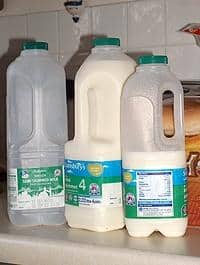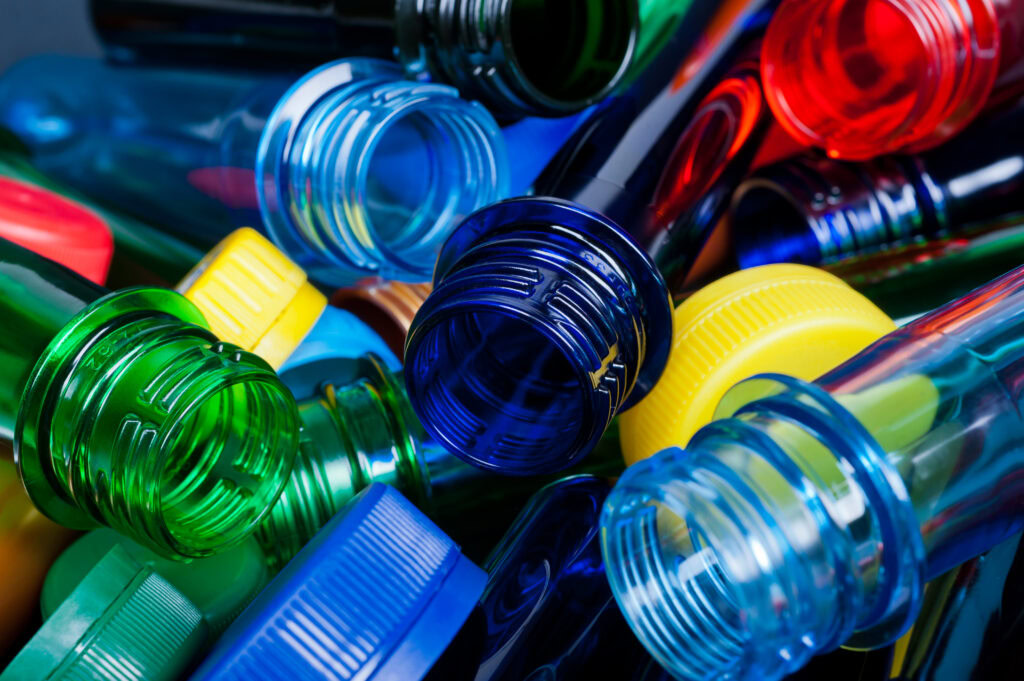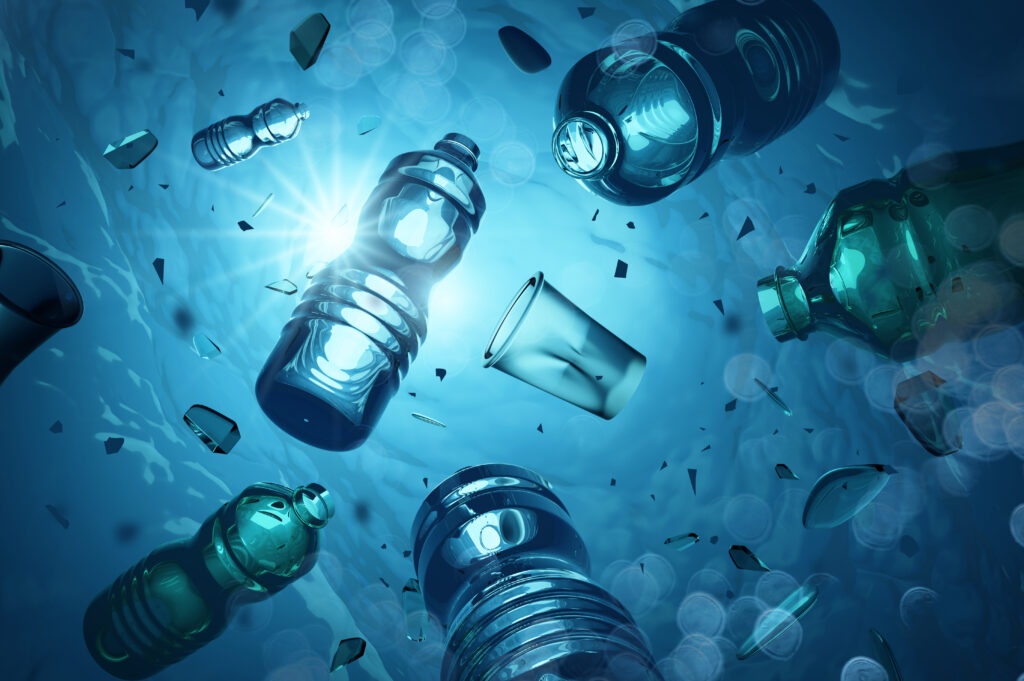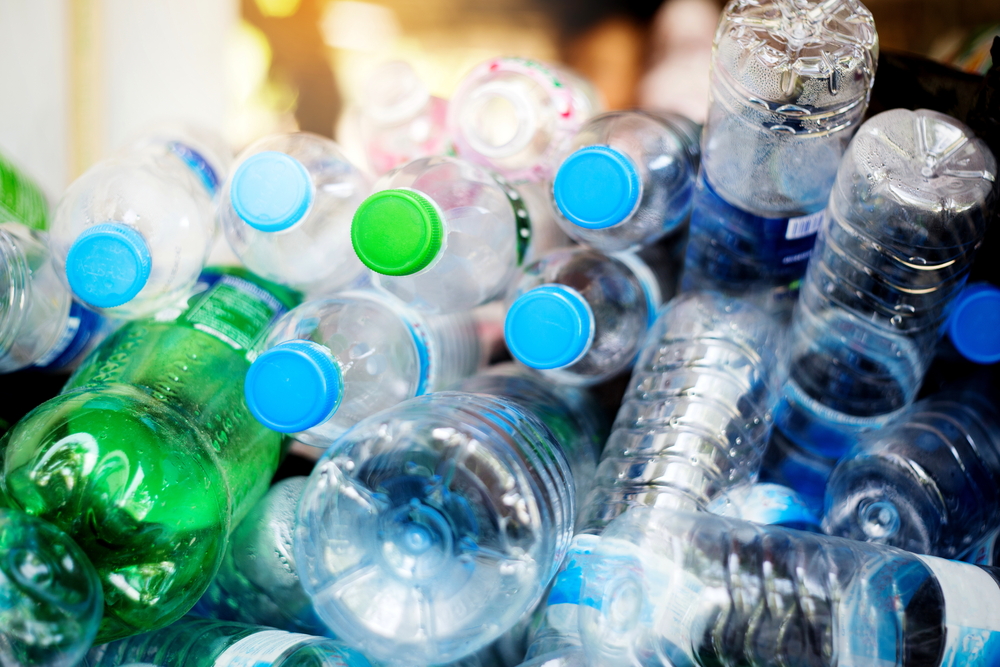The plastics recycling company expects to commission equipment at its Wilton Works, in Redcar, in February that will enable it to process around 12,000 of waste household plastic bottles each year.
The company will use Vacurema technology, where a vacuum removes all traces of impurities including smell. The machine which can process 1,500 kg/hr of material costs £1.2 million and WES parent firm, waste management specialist, Greenstar has provided the cash injection.
WES managing director James Donaldson said that while plans to turn PET into food-grade bottles are already afoot, including those of Australian-owned company Closed Loop London (see letsrecycle.com story), this will be a world first for HDPE.
Before putting its ideas into practice, WES consulted a number of sources including a report by the Waste Resources Action Programme (WRAP) on bottle-to-bottle recycling. Mr Donaldson said his company took the WRAP research on board and even build built on it by making it more cost effective.
Complex
He added: “We believe we are ready for the challenges that this project will bring. Taking bottles from the household waste stream back to food grade is the ultimate in recycling. We are investing in our staff, in quality and environmental systems to achieve a very technically complex project.”
Mr Donaldson believes that financial investment in cutting edge technology, operated by well-trained technicians, will help WES and the British plastics industry compete with the Chinese market, which reprocesses most of the UK's waste plastics.
He added: “I am a great believer that in order to compete, you must use the best possible equipment available and then run it 24/7 to get the best possible payback.”
Equipment
Before the material passes through the Vacurema, it must be sorted and cleaned. This equipment is already in place in Wilton.
The company has installed dry cleaning and density separating technology which can handle 12,000 tonnes of a material a year – the Vacurema will double this capacity.
It also has an optical sorter, which uses cameras and light to sort the different polymers and a hot wash will be installed later this year to remove the last traces of impurities.
The bulk of the material is currently recycled into technical compounds and used to make items such as wheelie bins.











Subscribe for free